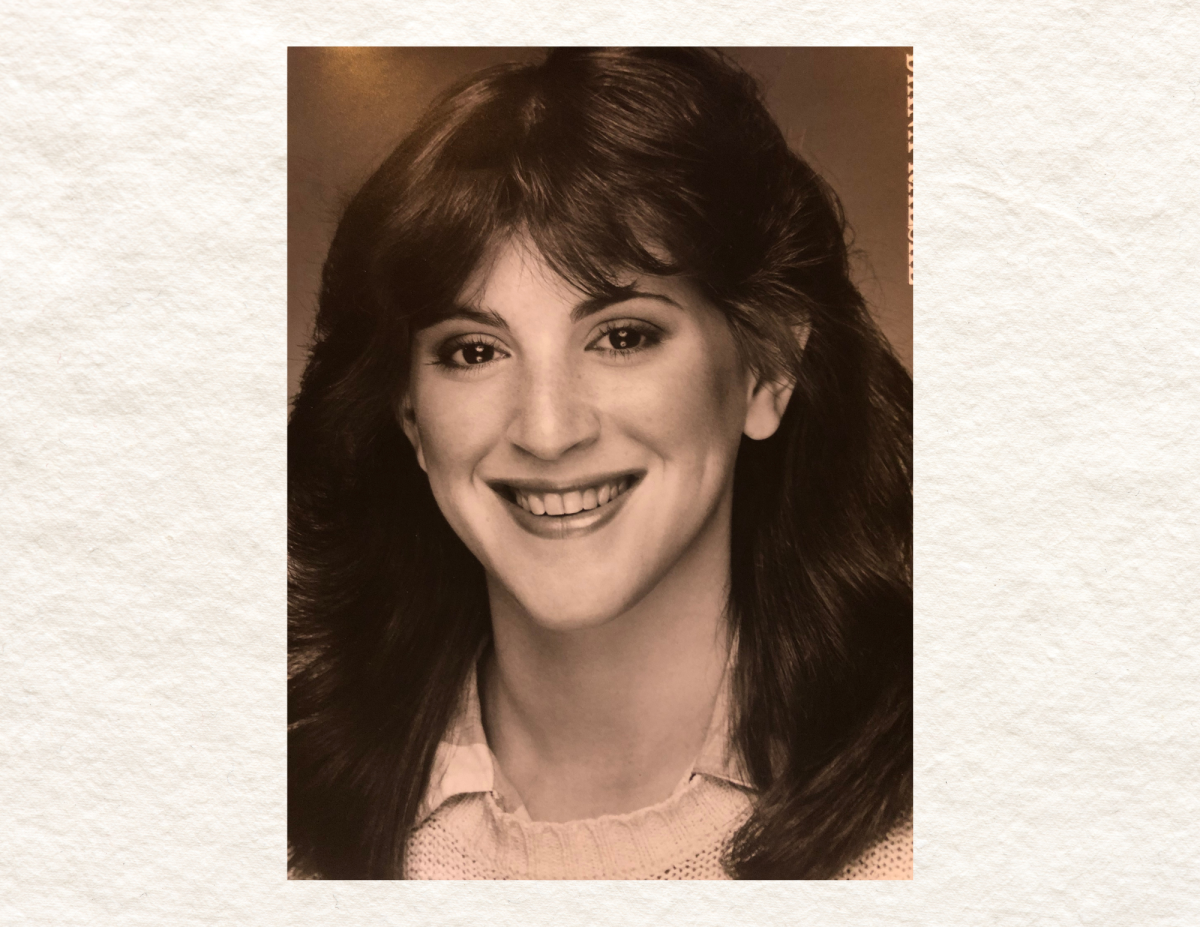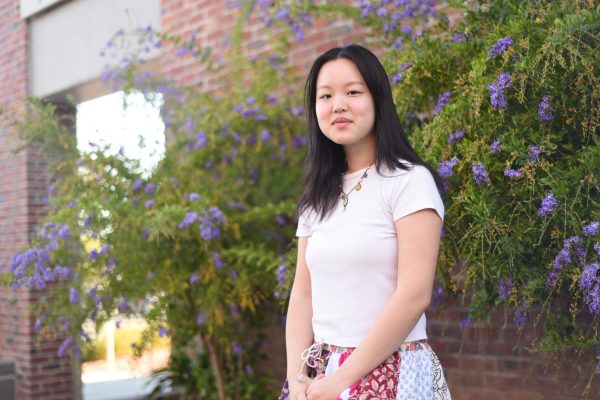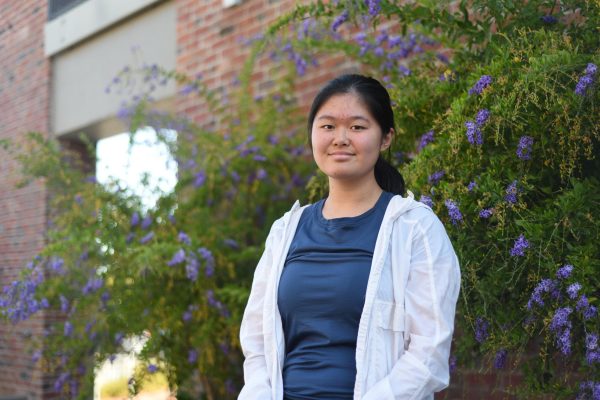Ever since Kennedy Middle School English Teacher Diana Kirsh was a child, her enchantment with the world of theater was undeniable. As a teenager, Kirsh commuted after school from the suburbs of New York to the city for acting lessons and training in the performing arts. Kirsh went on to become a musical theater actress and later a scriptwriter, taking on any job opportunity she could find. While Kirsh received support in pursuing this career, she eventually left her aspirations in pursuit of stability due to the turbulent financial situation she found herself in.
“My parents were really, really supportive of me going into theater, but I don’t know if that was the right thing to do as a parent,” Kirsh said. “I did musical theater for a long time in New York, and then finally, I was like, ‘I want to pay my rent. I want to go out with my friends.’ I wanted to do those things that normal people in their 20s did, and I couldn’t afford to have that life because I didn’t have a regular job. I was taking these little jobs and trying to pay my rent by being an actress.”
When MVHS Class of ‘24 alum Ankita Krishnan decided to pursue a career in musical theater, she was also met with abundant support from her family, many of whom were in creative careers. Krishnan, who currently studies musical theater at California State University, Fullerton, says that while she initially recognized the risk surrounding the career path, she was also confident in her decision due to the support and because of her personal value of passion over societal notions of success.
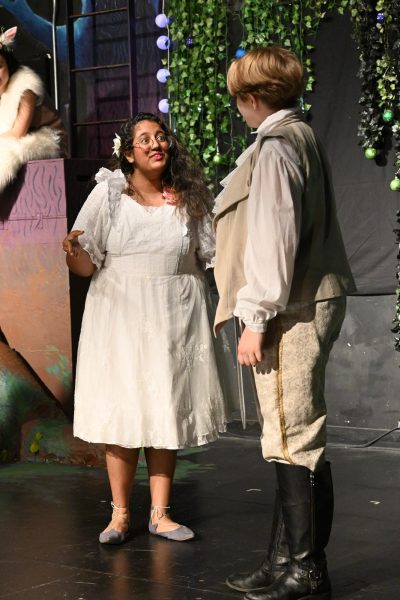
(Lillian Wang)
“Musical theater is a fluid thing — you can express yourself in different ways with acting and taking on different characters,” Krishnan said. “I wasn’t going to try to do an office job or something like that because I’m not really passionate about that. Me thinking about being successful was not one of the reasons in deciding if I wanted to do theater or not. It’s more just about me, I don’t want to do something that I’m not going to enjoy.”
Expressing a similar sentiment, sophomore and aspiring Broadway performer Juju Ling has had to confront the potential instability in their intended career path. The reality of most performers being unable to reach the level of success and stability they aspire to is not lost on Ling, who recognizes risks in entering the oversaturated industry. However, their dedication to theater remains resolute due to their unmoving love for the community they have experienced through the performing arts.
“In theater, there is a sense of community and togetherness, and it sparked something in me where I was like, ‘Oh, this is me,’” Ling said. “It’s fair to think that it’s risky because it very much is. You’re not the only actor trying to get into Broadway, there are hundreds of thousands of people in New York, in LA and Chicago trying to get in. It’s one of my dream jobs — keyword ‘dream.’ But I still love theater as a whole and I’m lucky enough to be in a position where I get to see a lot of shows, and every time I see a show, my love for theater grows even more. The financial aspect, while it scares me, doesn’t deter me from it.”
To expand her interest in theater while supporting a community of smaller artists in the Bay Area, Ling has become a regular audience member of local community theaters such as Sunnyvale Community Players. She notes that within the larger Broadway industry, she mostly sees mainstream productions pushed as money-grabbers and tourist attractions to fund production companies whose main revenue comes from popular musicals such as “Hamilton” and “Wicked.” According to Ling, the emphasis on established productions leaves less room for newer, independent stories to be told within the musical theater scene and often pushes them out of business.
“I see all the actors, especially smaller actors, who are passionate about what they do, passionate about their job, and proud that they made it big,” Ling said. “And then for a show to close early on them — that’s just devastating. When it gets closed prematurely, that kind of screws you over because that was your plan for the next eight months, right? Now it’s just gone.”
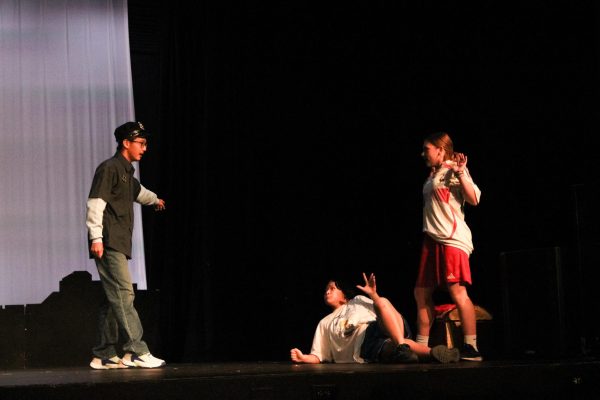
Such patterns in the musical theater scene became evident to Kirsh while she was working as an actress. Kirsh explains some artists have significant advantages over others due to connections they have within the industry, creating a drastic difference in career advancements.
“You can have a great show, but if you can’t wait, if you can’t get it into the right hands, it’s not going to be made,” Kirsh said. “Boy, does it help to have connections. There are so many people that even if somebody just knows your last name or your dad directed something and and people might know him — those connections are very, very valuable.”
Despite changing her career path, Kirsh’s life continues to be impacted by her passion for musical theater, watching shows with her family whenever she can. However, when her daughter approached her about possibly pursuing a career in musical theater, she was reluctant to let her daughter follow the path she once followed, remembering the struggles she faced firsthand within the cutthroat nature of the industry.
“In acting, there are so many people that look like you and sound like you — it’s just so competitive,” Kirsh said. “No matter who you are, you need persistence. I don’t want to tell people not to do it, but it can really wear you down.”
However, Krishnan views potential rejections and setbacks as simply part of the process, saying auditioning is a way for performers to build resilience and experience as a performer, in addition to just acquiring jobs. Krishnan notes that one of the most difficult aspects of breaking into the industry is getting noticed — something that doesn’t happen for everyone. However, she believes that persistence and a strong mindset can guide a person on the right path.
“People can find their way around difficulties — it’s human spirit,” Krishnan said. “If they find a challenge, they’re going to try to find a way to overcome it. It’s good to have that in mind when you go into auditions. Keep an open mind and a fluid mindset. I say, ‘If I don’t get this role, that’s fine. I still have talent, I’m still good.’ Don’t let not getting a role discourage you from continuing on to do something that you like to do.”





